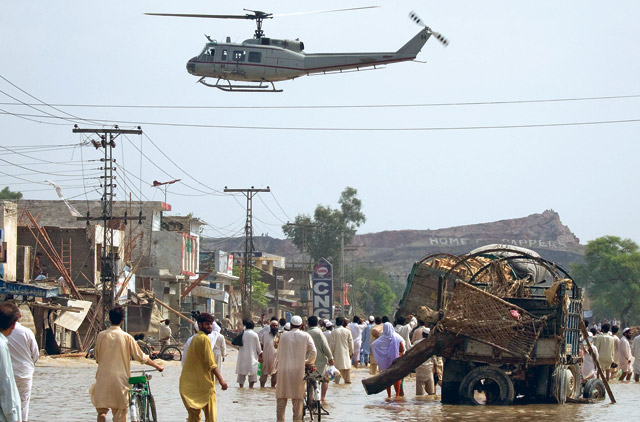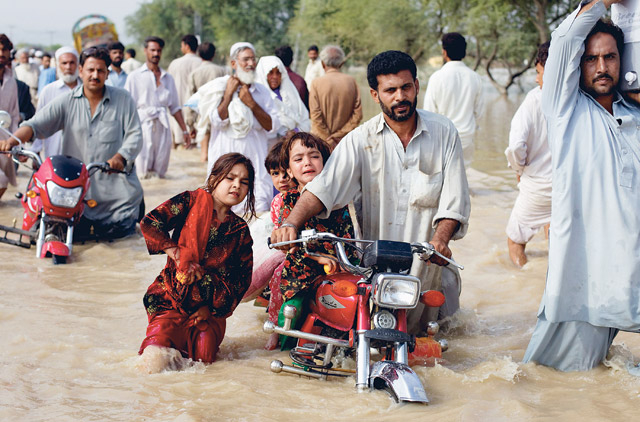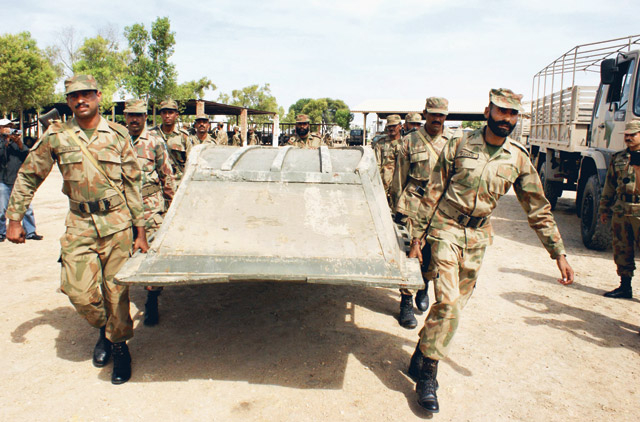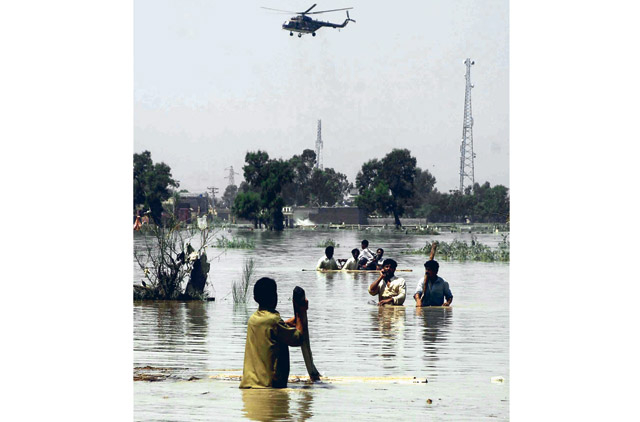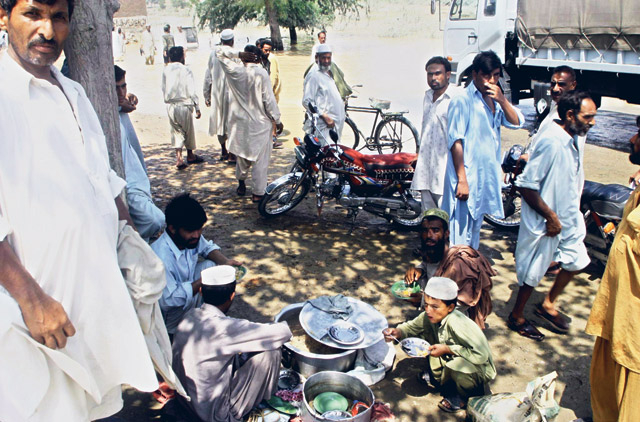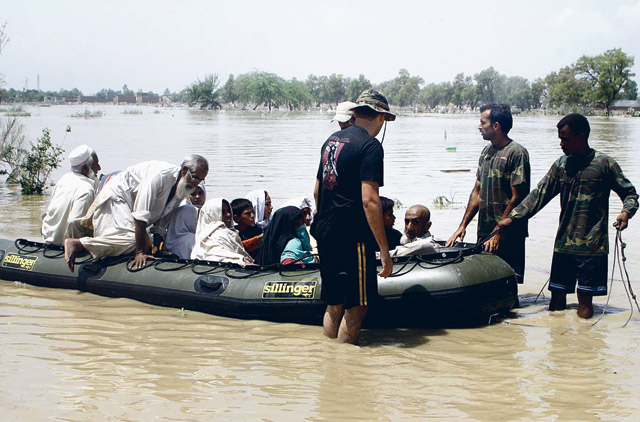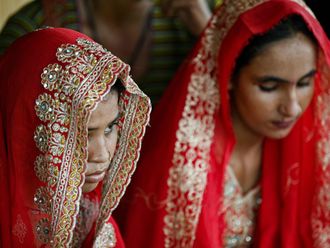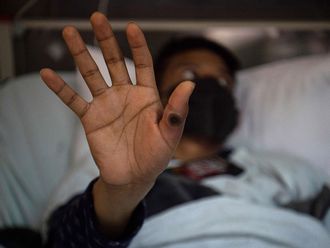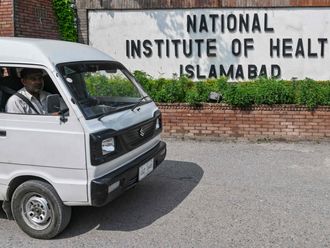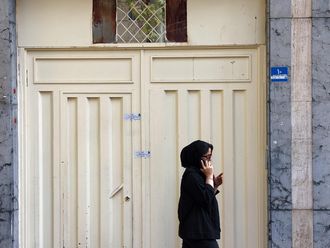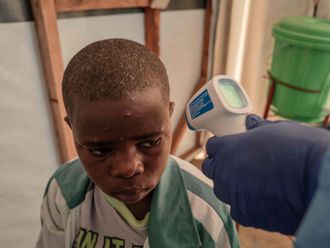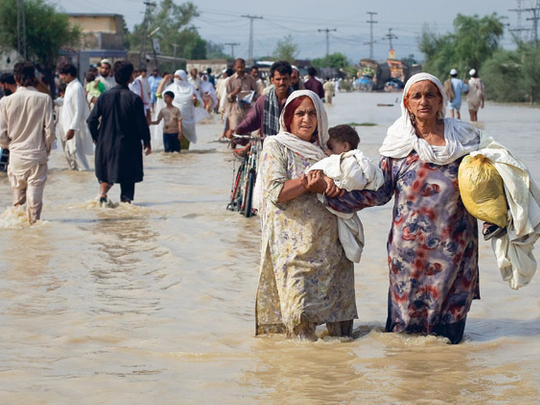
Islamabad: The death toll from Pakistan's worst floods in history reached 1,100 on Sunday but a sunny day made it possible for helicopters to provide relief supplies to thousands of people cut off from the rest of the country.
Top officials admitted that the government did not have a clear picture of the scale of the disaster and said more than 2.5 million people had been affected.
How expatriates in the UAE can help flood victims
The World Health Organisation on Sunday warned against the outbreak of water-borne disease owing to unhygienic conditions displaced people were facing.
It said that it was "immediately dispatching essential medicines, supplies to the calamity-hit areas".
Fifteen sub-districts of Khyber Pakhtunkhwa, 85 villages of southern Punjab, 21 in Balochistan and seven villages of Pakistan-administered Kashmir have been affected by the floods, the National Disaster Management Authority said.
Most of the flood-hit areas in Khyber-Pakhtunkhwa province remain without electricity over the last three days.
Javed Chaudhry, a spokesman for National Highways and Motorways, told Gulf News that "the Islamabad-Peshawar Motorway would remain closed for an indefinite period".
A spokesman for the Pakistan Railways said that on an average, trains have been delayed by 8-12 hours while certain routes in the northwest have been completely suspended owing to poor track conditions.
Flight operations returned to normal on Sunday.
Dr Qamar-uz-Zaman, Director-General of Pakistan Meteorological Office, told Gulf News that the next spell of monsoon starting today will last for two to three days, but will not as intense as the last one.
The Sindh province is experiencing the worst flooding since the country's independence.
"The Pakistani government and media are not the only ones to have shown slackness, United Nations agencies have also been caught napping," a senior official at a UN agency official told Gulf News on condition of anonymity.
While television channels have been besieged by callers from calamity-hit areas, complaining of a lack of food, clean drinking water and shelter, there were also moving stories of a Charsadda woman delivering a healthy baby boy on board a Pakistani army's helicopter ambulance.
More swathes of agricultural land has been flooded in southern Punjab. "Over 30,000 people are stranded on dry islands along the River Indus near southern Taunsa and Rajanpur districts with little help reaching them," Ashraf Mian, a school-teacher said over the phone.
More than 3,700 houses have been swept away by the floods and the number of homeless is rising, Khyber Pakhtunkhwa's information minister, said.
Amid the worst flooding in the country's history, President Asif Ali Zardari flew on an official tour to Europe, sparking severe criticism from politicians and media alike.


